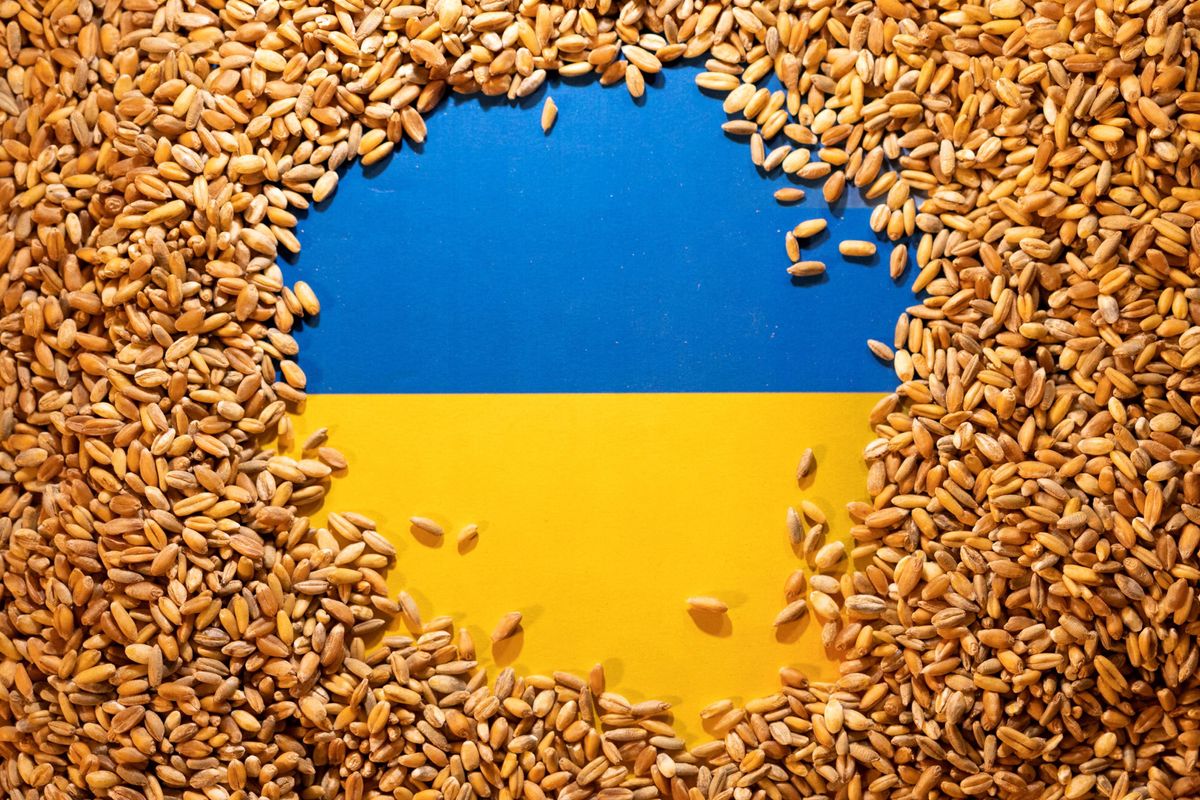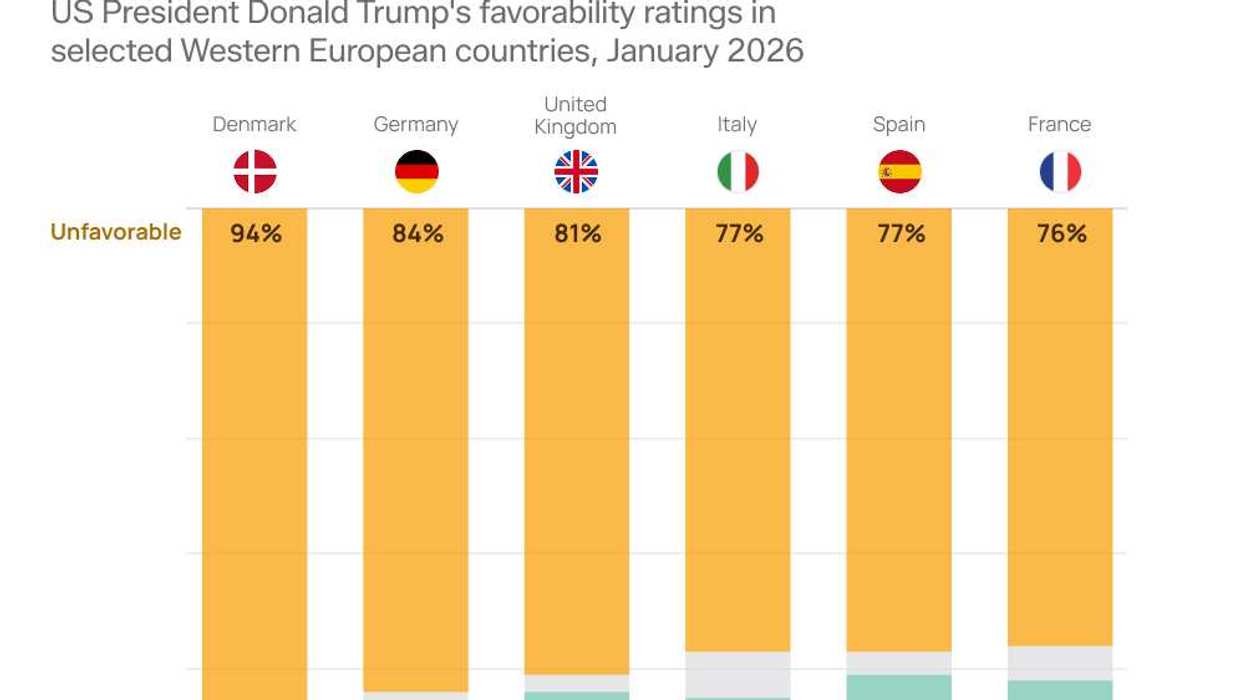Russia and Ukraine get granular, finally
The two countries at war on Wednesday agreed in principle to a UN-backed plan to resume exports of grain from Ukraine’s Black Sea ports. Before Russia’s invasion, Ukraine was one of the world’s largest exporters of wheat and cooking oils, but the war has crippled those shipments, inflaming food prices globally and undercutting food security in dozens of emerging market countries. Under the UN plan, Ukraine would clear mines from its ports, Russia would allow safe passage for grain boats, and Turkey would provide safe shipping corridors. But Kyiv is wary about Moscow using the de-mined sea lanes to launch a fresh naval offensive, and Moscow insists on the right to inspect any boats for weapons. The two sides and Turkey are set to ink an official deal next week. For complete coverage of the growing global food crisis, be sure to see our Hunger Pains project.


















